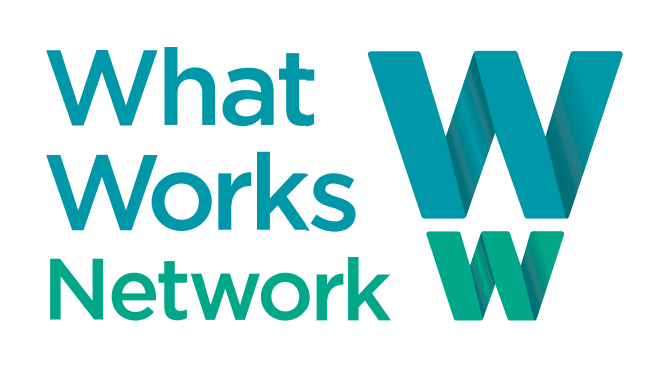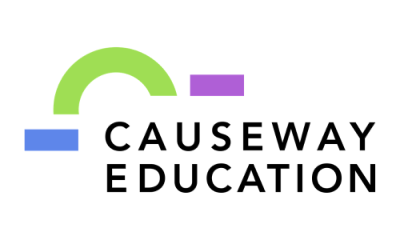Welcoming the establishment of the Evidence and Impact Exchange
/We welcome the announcement today from the Office for Students (OfS) that King’s College London, Nottingham Trent University and the Behavioural Insights Team have been appointed to run the Evidence and Impact Exchange (EIX) – a ‘What Works Centre’ to promote access, success and progression in higher education (HE) for underrepresented groups of students.
HE should be a route open to all young people, irrespective of background. But we have a big and persistent social mobility problem in the UK: young people from disadvantaged backgrounds are half as likely to progress to HE as their peers.
To address this gap, universities submit an access and participation plan to the OfS detailing initiatives they will undertake to widen participation, and commit a proportion of their fee income to funding this vital activity. This amounts to around £860m across the sector, representing about 2.7% of total HE expenditure. It is vital that this money is spent well.
The purpose of the EIX is to be a national repository for evidence on the impact of approaches to access and participation in HE, and to ensure that the most effective approaches are recognised and shared. By collating existing research, identifying gaps in current evidence and generating its own research to fill those gaps, the EIX will play a critical role in disseminating accessible information and advice to decision makers across the HE sector.
As a charity that works to ensure that more young people from underrepresented groups access and succeed in HE, we rigorously measure our impact. We know that our programmes are getting thousands of young people into and through HE who would not otherwise have had this opportunity. We, and our colleagues in the sector, welcome the opportunity to contribute our evidence of impact to the EIX and to learn from what others in the sector are doing well.
Together with the OfS’s new proposals for regulating access and participation plans and their forthcoming evidence and evaluation strategy, the EIX will elevate what works in widening participation so that the best approaches are adopted, funded and scaled. This is a transformative moment for the sector and one that should be celebrated.
We hope the Augar panel and the government’s post-18 education funding review are watching these developments closely.
With so much focus on impact, now is not the time to turn our backs on the funding the sector needs to do this work well. We re-iterate our call for the government to make a public commitment to protecting this funding.
Nathan Sansom, CEO, The Access Project
Anand Shukla, CEO, Brightside
Julie Randles, CEO, Causeway Education
Andy Ratcliffe, CEO, Impetus-PEF
Rachel Carr, CEO, IntoUniversity
Johnny Rich, CEO, Push
John Craven, CEO, upReach
Rae Tooth, CEO, Villiers Park







